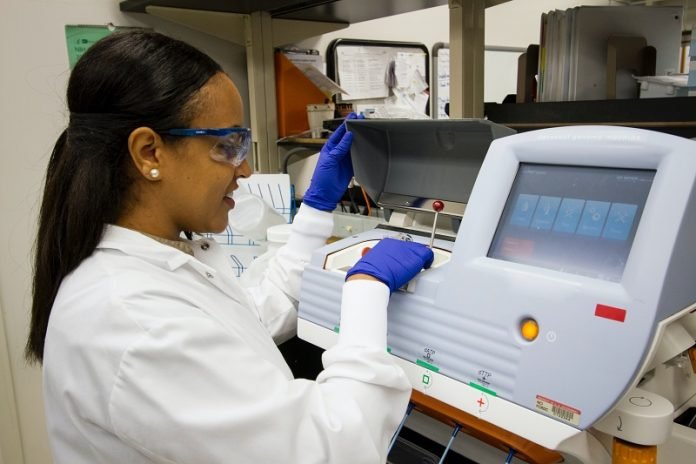
Colon cancer is on the rise, especially among younger age groups and prompt diagnosis is key to improving chance of survival.
Sameet Shah, M.D., gastroenterologist of Hackensack Meridian Mountainside Medical Group, shares his knowledge to educate patients on the signs and symptoms of colon cancer and how to prevent it best.
Colon cancer develops from polyps, abnormal growths on the inside lining of the colon, that are considered either benign (not harmful), high-risk, pre-malignant (pre-cancerous), or malignant (cancerous). Most polyps are benign, but certain types are at high risk of becoming cancerous.
Colon cancer spreads when a polyp becomes cancerous and the cells grow into colon’s walls.
The risk of colon cancer among men and women is the same.
For this reason, it is crucial for every person to undergo routine colorectal cancer screening beginning at age 50, or earlier for those with a personal or family history of colon cancer.
Signs and symptoms of colon cancer are not always specific to colon cancer or present themselves immediately, as they could be present in other benign conditions.
However, the most important things to look out for are sudden major changes in bowel habits, blood in the stool, unintentional weight loss, narrower than usual stools, and new onset anemia noted on blood work.
Other non-cancerous conditions may cause these signs and symptoms, so it is vital to visit a gastroenterologist and undergo routine colorectal cancer screenings. While this may seem daunting to some, there are multiple screening modalities available that any gastroenterologist would be happy to discuss with patients.
Another factor to consider when evaluating your risk of colon cancer is your family history.
“The most critical risk factor for colon cancer for those under the age of 50 is family history and history of certain genetic mutations that may predispose one to get colon cancer at a younger age,” says Dr. Shah.
“Young people with first-degree relatives with colon cancer are at the highest risk and should be aware of any possible signs or symptoms.”
The best way to detect and prevent colon cancer is to keep your family history in mind and to focus on the aforementioned signs and symptoms. If you or your loved ones are experiencing any of these signs or symptoms, please schedule a visit with a gastroenterologist.



